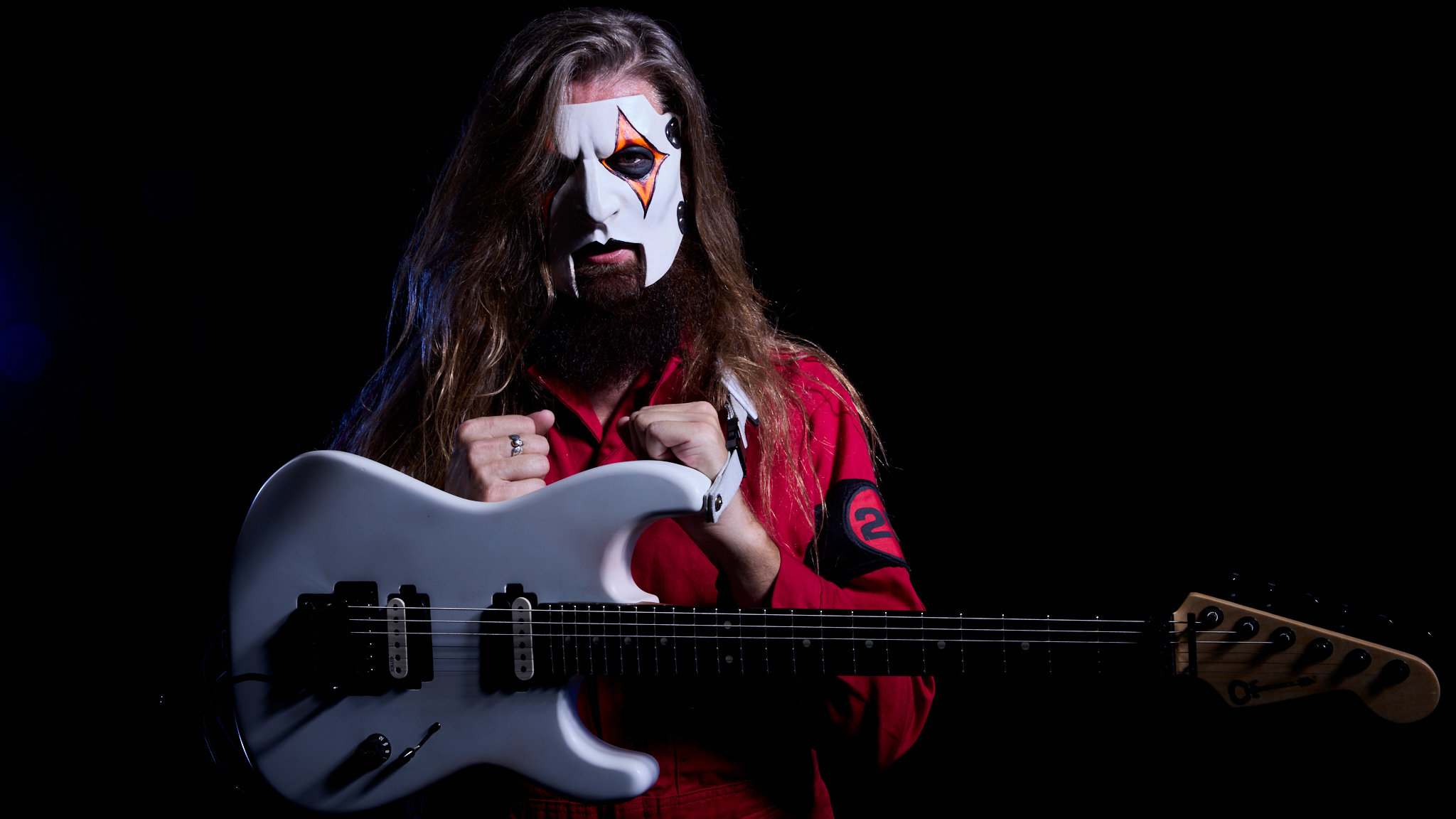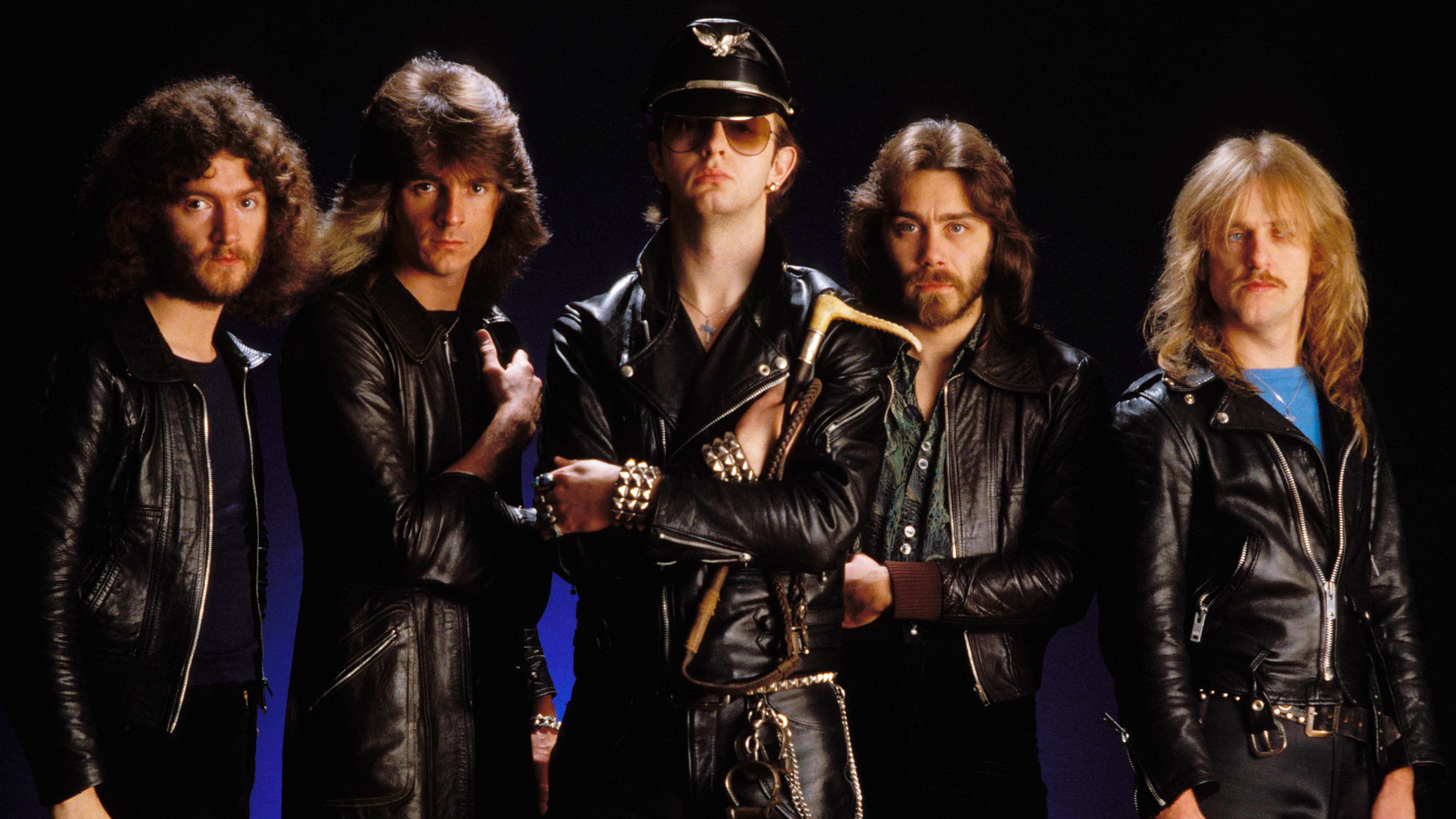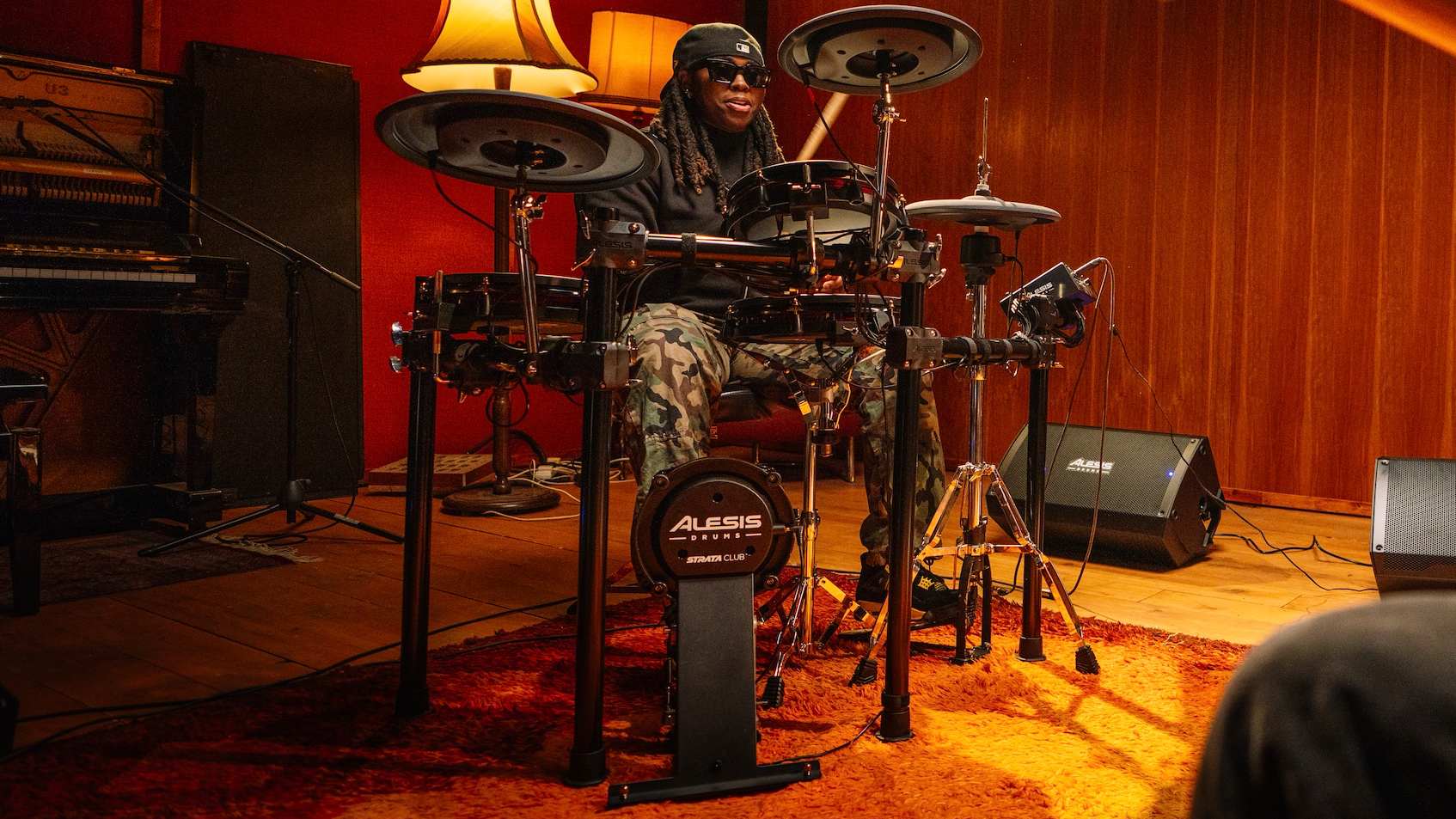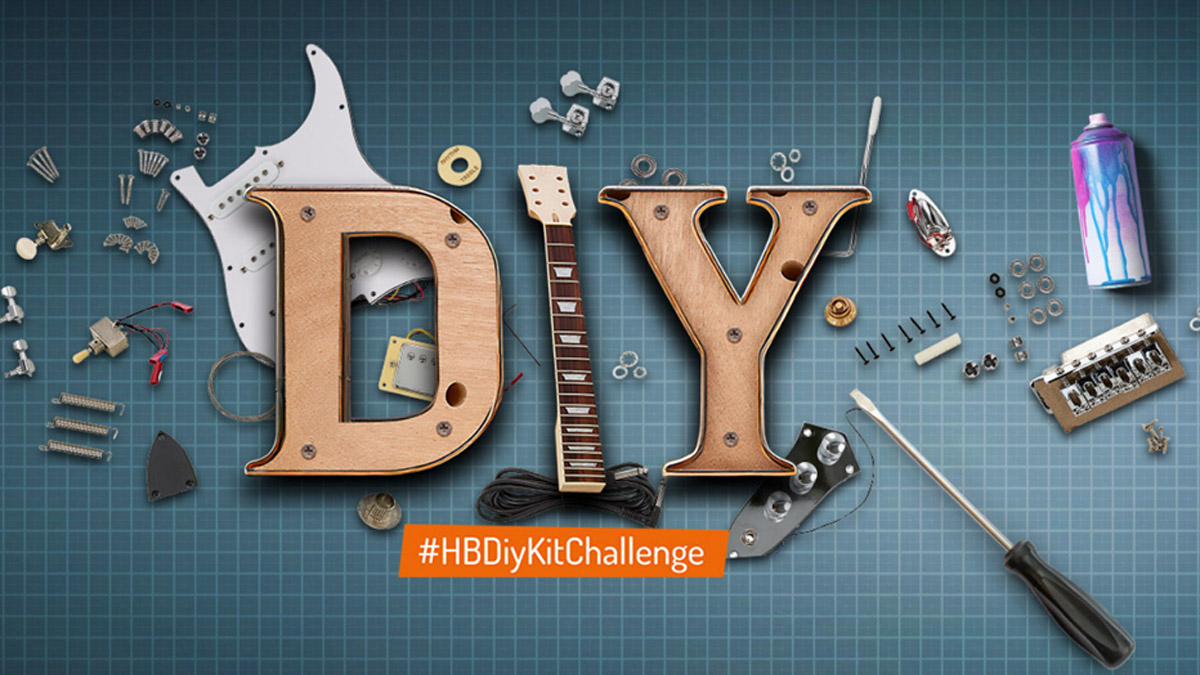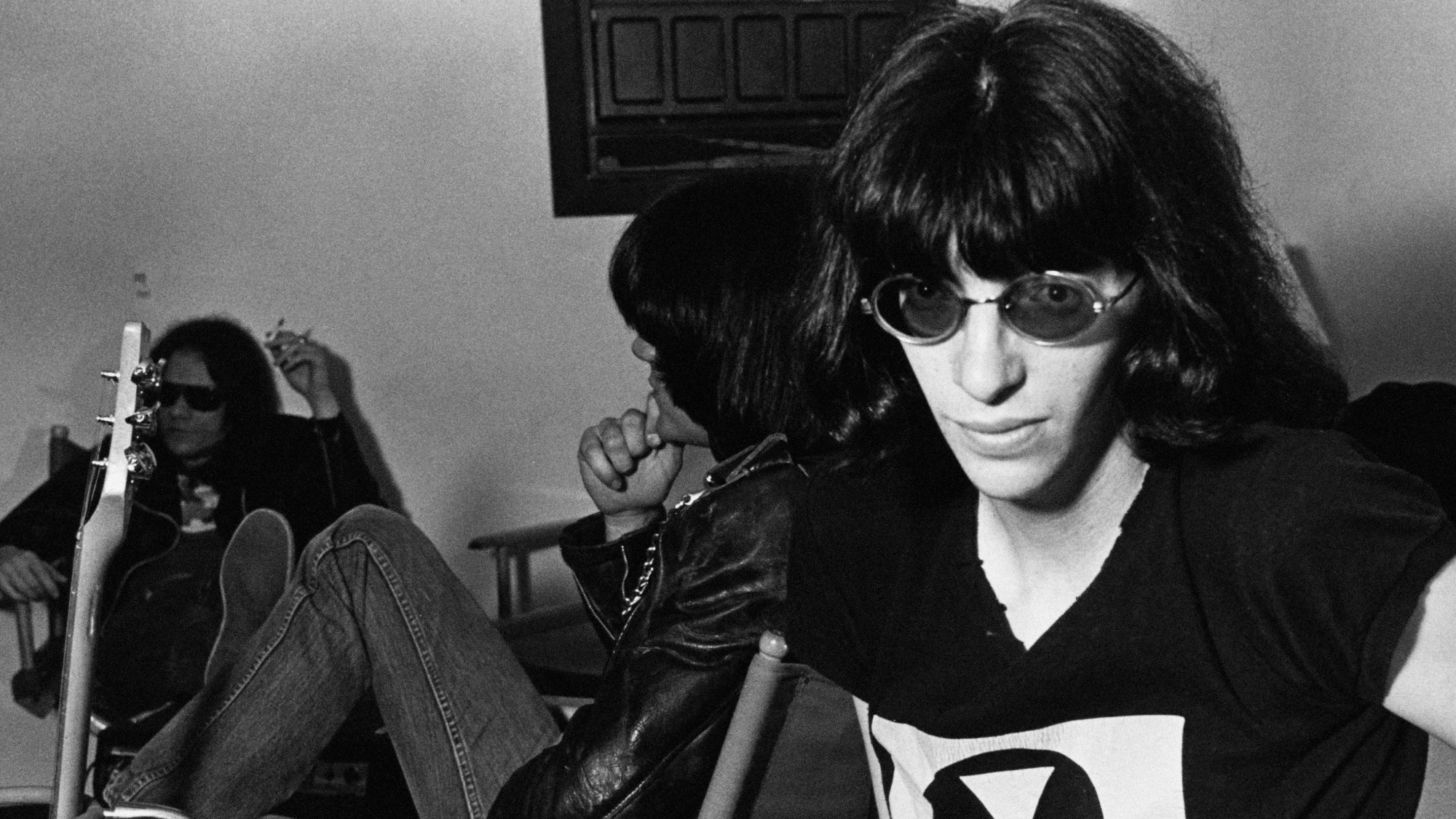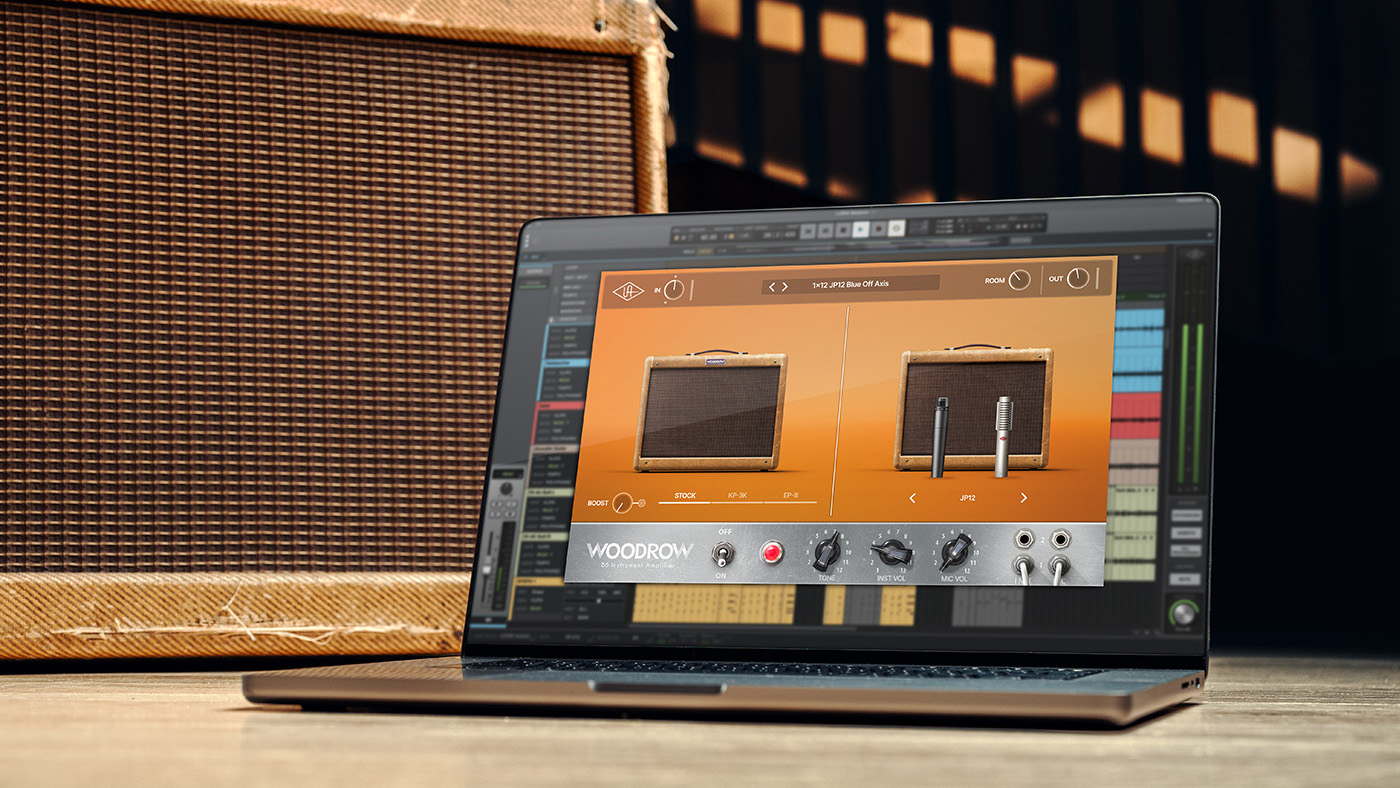Glen Matlock: my top 5 tips for musicians
Plus: The teenage Sex Pistol talks The Anarchy Arias
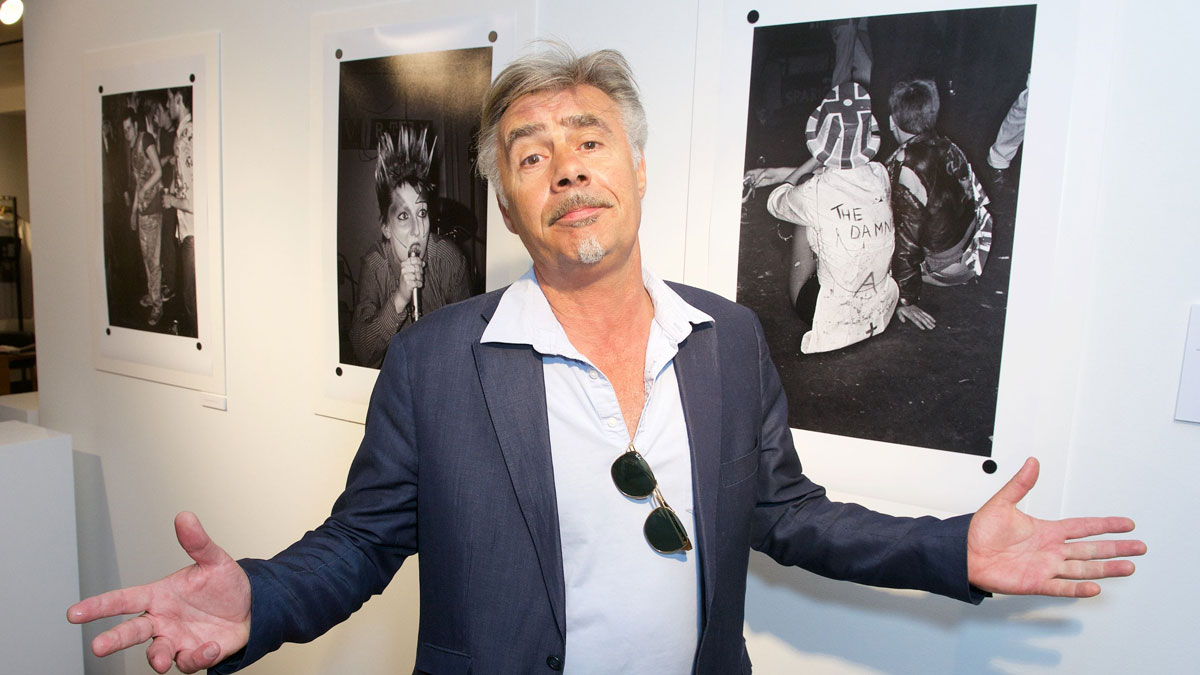
Punk goes opera
It seems that Glen Matlock is a man with his fingers in an array of eclectic pies.
The co-founder and co-songwriter for the Sex Pistols also has a successful solo career, has performed with a slew of bands – from the Rich Kids to The Faces - and proved that he’s no slouch when it comes to his art by making an appearance at the recent London Bass Show.
On first glance, his latest project is the strangest of the lot. The Anarchy Arias is a new collection of punk rock staples reinterpreted by the Royal Philharmonic Orchestra and some of the country’s finest operatic talent.
“About a year and a half ago I did a thing for some friends with Marshall phones and I ended up doing a string version of Pretty Vacant and it went down really well,” Matlock says of the new album’s origins.
“It was quite funny seeing all of the cellists in my front room rehearsing it. Somebody saw it and took the idea and went off and worked on it, unbeknownst to me.
“Then I was approached by someone behind the scenes asking me to get involved. They sent me some of the tracks and I thought it sounded fantastic, very lush string arrangements.”
While Matlock’s involvement has come at the very start and the very end of the project, the fact that two of his Pistols co-writers make the cut (Pretty Vacant and God Save The Queen) means that he has contributed more than most to this intriguing record.
The only question mark for me is the singing. But if it’s an opera album and you don’t have operatic singing then it’s not opera.
“I’ve always had a soft spot for symphony music,” he adds. “When you write a song you’re sat there in your bedroom or living room with an acoustic guitar and you’re imagining how it will sound with electric guitars and you might imagine a piano playing part or brass or even strings, and now someone has gone and done that for me, so it’s cool.
“The only question mark for me is the singing. But if it’s an opera album and you don’t have operatic singing then it’s not opera. If you put punk singing on there then it’s not really opera. I suggested to the record company that they do a vocal out version like they did with reggae.”
But isn’t opera a world away from punk rock, we wonder.
“I don’t think it’s that different,” Glen says. “A guitar has six strings but you go into the studio and do all kinds of overdubs and you end up having 24 instruments playing and that’s the equivalent of a string section. When Anarchy In The UK first came out the Melody Maker asked how I would describe the beginning and I said it was an overture, and it is.”
It wasn’t just The Anarchy Arias that we chatted to Glen about ahead of the album’s 9 June release. We also pressed the seasoned songwriter, bass player and guitarist on his top tips for musicians.
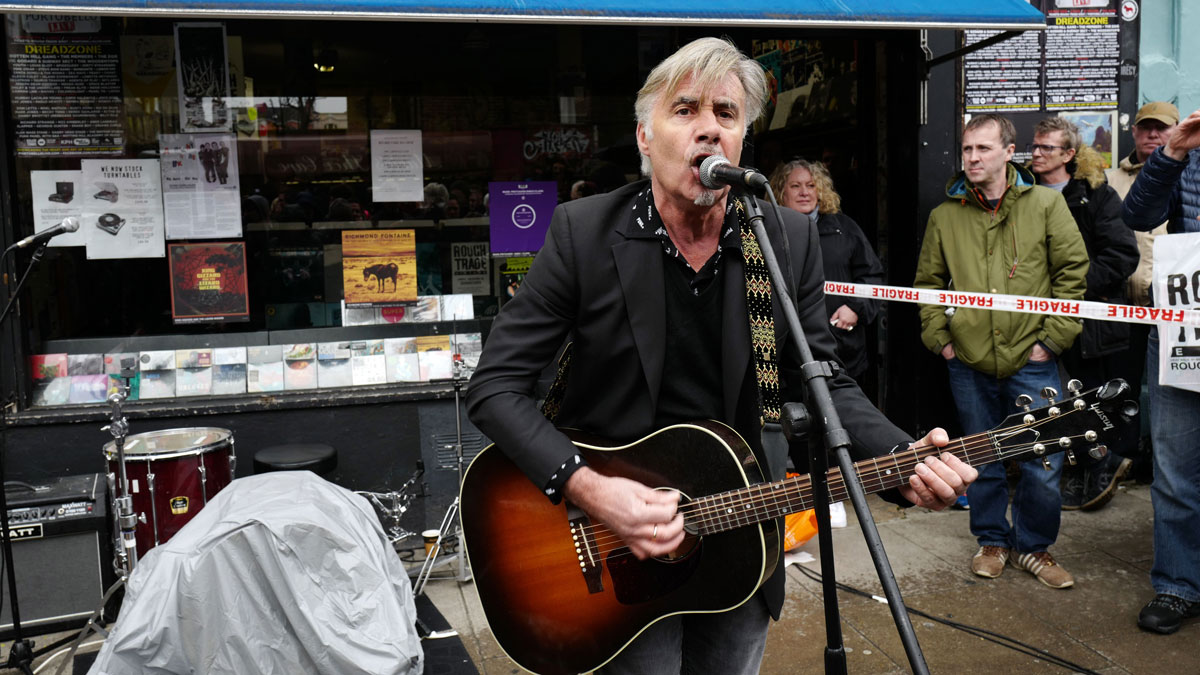
1. Pace yourself correctly
“When we did Anarchy first time around with Dave Goodman it was too fast and it was losing what it was all about.
“We then went back into the studio with Chris Thomas and he realised we were right to have it as a mid-tempo thing. It always surprises me now when I do gigs and I throw in a Pistols song and some miserable sod says, ‘This isn’t very fast, it’s not like the Sex Pistols.’
“We only had two fast songs, Problems and No Feelings. The bands that were fast were people like The Ramones. We weren’t. John had so many lyrics that if we played much faster he wouldn’t have got them all out.”

2. Remember - a good song is a good song
“To me, a good song can be done in any medium. A few years back I think it was Paul Anka did big band versions of contemporary songs and he did a version of Come As You Are. It had a swing beat and sounded like Frank Sinatra. It was great, I loved it.
“Also, after I left the Pistols on the Great Rock and Roll Swindle there was a fantastic version of Anarchy In The UK in French, in waltz-time on an accordion.
To me, all of the good music since the year dot has not slavishly followed what has gone before it, it has always stuck out like a sore thumb.
“Good music lends itself to many different styles. There’s only two types of music - good music and bad music. This new orchestral album is great, it’s very well recorded and arranged. All of the songs on there are good songs.
“I’ve also got a new single coming. I’ve got a great band on it, I’ve got Slim Jim Phantom on drums, I’m playing acoustic and singing and I’ve got Earl Slick on guitar. It’s pukka. I think music can get overblown and I like to keep it simple.
“I like to just turn up with an acoustic guitar and it’s almost like loud skiffle. I’ve got a wealth of songs to draw from in my live set and I’ve got these new ones as well. One of which is a rockabilly kind of thing, which is something I’ve never done before. There’s a big 12/8 blues ballad as well.
“To me, all of the good music since the year dot has not slavishly followed what has gone before it, it has always stuck out like a sore thumb. It was good to do something different with different people.”
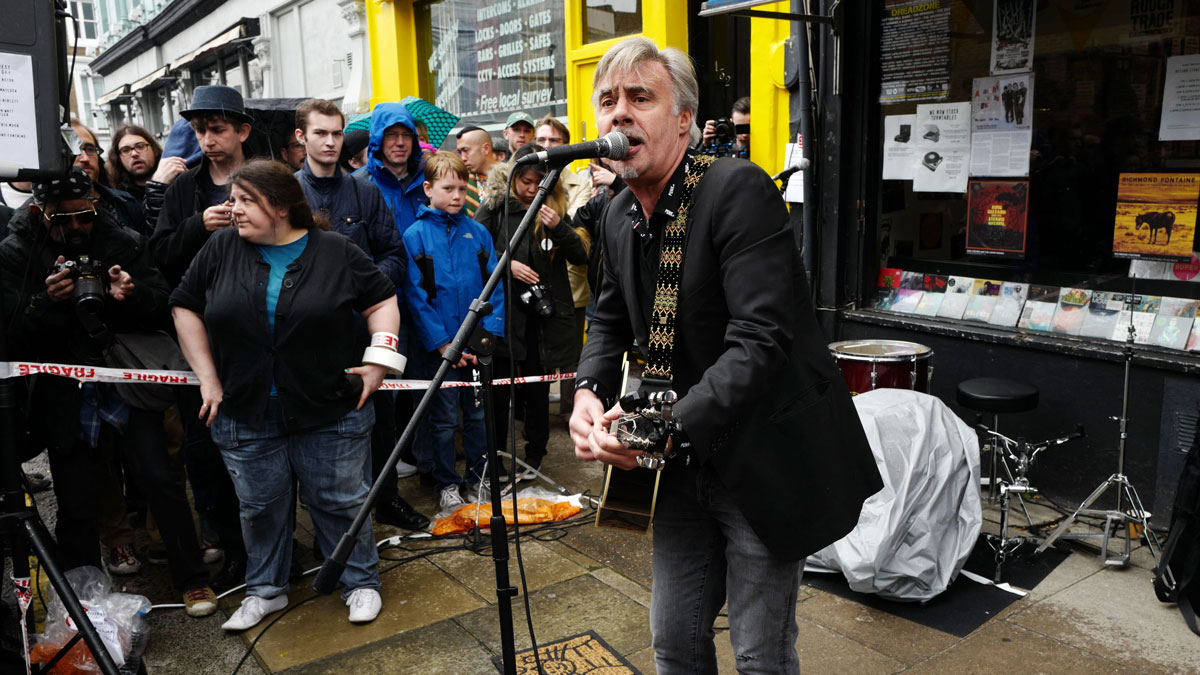
3. Don’t overcomplicate it
“Playing bass is not rocket science. You just need to play the song. That gets lost on a lot of people.
“I did the bass guitar convention [the London Bass Show] and there was some good stuff and people there that were really good but a lot of it was a load of old fanny. If you want to play like that then that is absolutely fine, it just doesn’t rock my boat.
Playing bass is not rocket science. You just need to play the song. That gets lost on a lot of people.
“I did the bass guitar convention [the London Bass Show] and there was some good stuff and people there that were really good but a lot of it was a load of old fanny. If you want to play like that then that is absolutely fine, it just doesn’t rock my boat.
“I went to see Paul Young when he was very big and Pino Palladino was playing bass and he was very good but I was stood right up the top of the venue and you couldn’t hear the slap stuff he was playing, he was too complicated for his own good.
“When it comes to bass gear, I’ve used a lot of gear down the years and I’ve ended up using a Fender Precision. You should get the lightest bass that you can as well. The feel of the guitar is important but I think that the sound comes more from the amp rather than the actual bass guitar. When I did that bass show there was all kinds of flash gear there but my Fender Bassman sounded great. I’ve had my money’s worth out of that, it’s a great valve amp.”
When you play other people’s songs you get an insight into their songwriting and it helps you with your songwriting.
“When I did that bass show I thought, ‘I’d better play some good bass lines here!’ Quite quickly I learnt I Want You Back by the Jackson Five which has a superb bass line on it and it went down really well.
“When you play other people’s songs you get an insight into their songwriting and it helps you with your songwriting. With the Pistols we started out doing covers, even if we didn’t play them to an audience. Sometimes you start playing a cover and if it’s a little complicated you get it wrong and you soon find out you’re not playing someone else’s song badly, you’re playing a new song pretty well.”
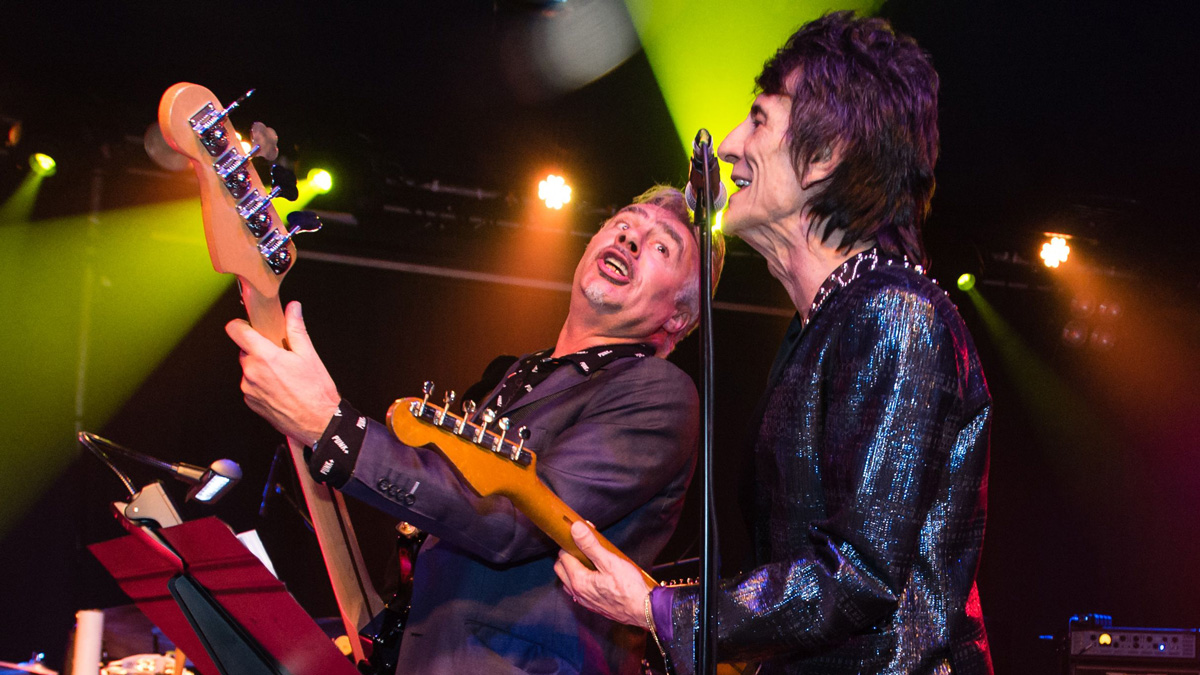
4. Don’t ride up front
“If you’re in a band touring in a van it might be cool to sit in the passenger seat but sometimes it’s better to sit in the back and hear what everyone is saying about the person in the passenger seat. That might sound like a joke but it’s true.
“I went out with the Faces a few years ago. I went out for dinner with Ronnie Wood and Ian McLagan and I got up to leave the table and Mac said, ‘Where are you going? You don’t want to leave the room, we’ll only talk about you behind your back.’ [laughs]”
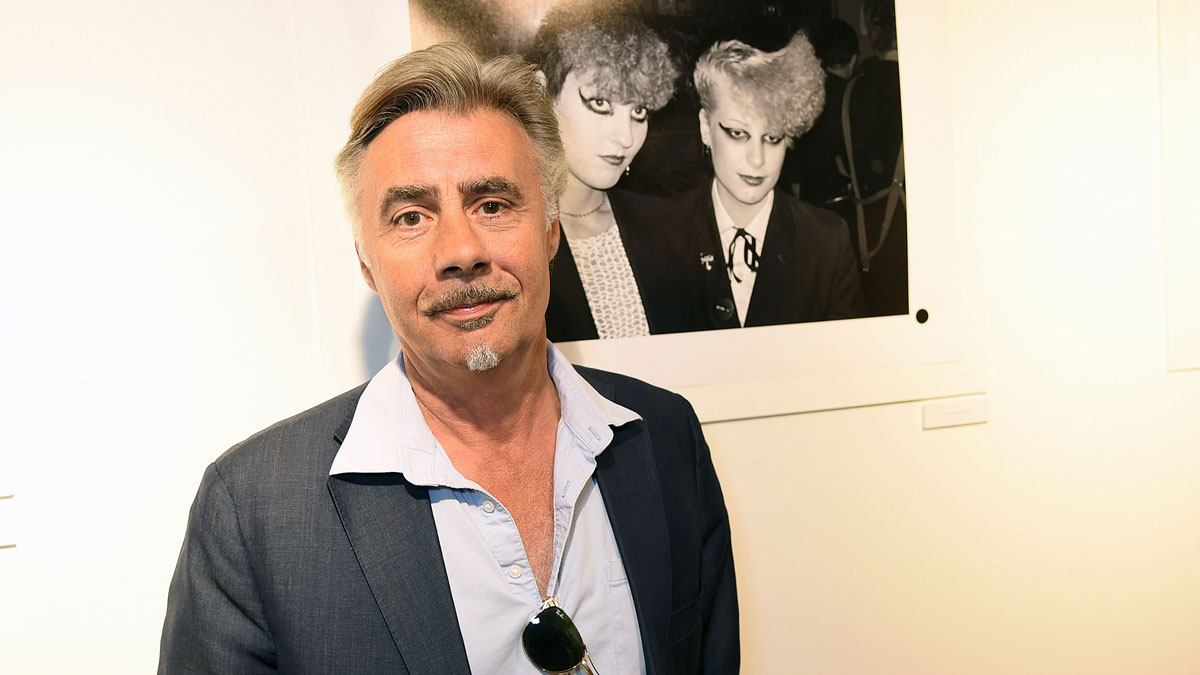
5. Believe in it
“You’ve got to believe in what you’re doing when you play live. You can’t do anything half hearted. If you believe in it then the audience will believe in it.
“Bands now seem so desperate to get a record deal and everyone is really uptight.
"When you have fun with the audience that rubs off on the audience. If you want the audience to have a good time then you need to have a good time, too. If you’re not, the audience can tell.”

Rich is a teacher, one time Rhythm staff writer and experienced freelance journalist who has interviewed countless revered musicians, engineers, producers and stars for the our world-leading music making portfolio, including such titles as Rhythm, Total Guitar, Guitarist, Guitar World, and MusicRadar. His victims include such luminaries as Ice T, Mark Guilani and Jamie Oliver (the drumming one).



